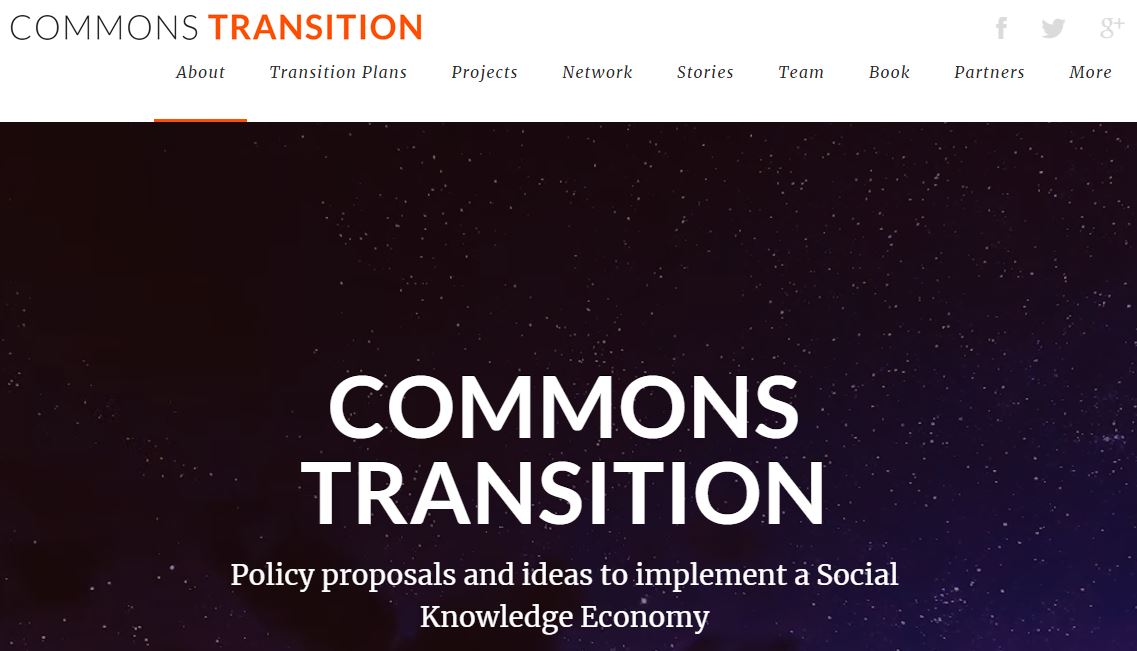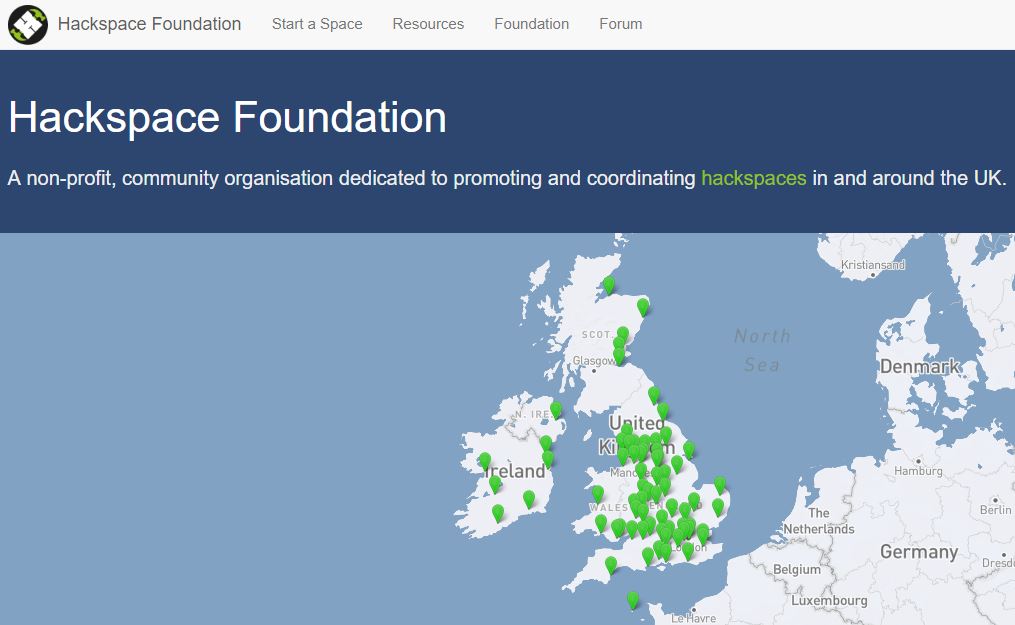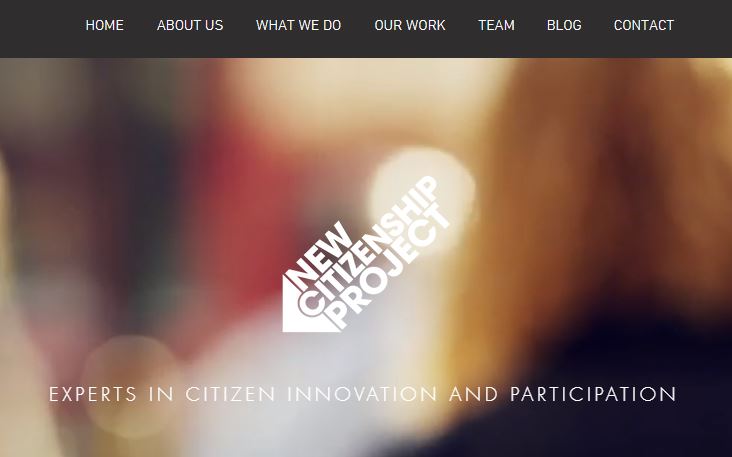Modern civilization has undergone three significant socio-economic transformations known as industrial revolutions. The first industrial revolution was built around steam and transformed modern society by redefining transportation and the manufacturing process. Next, the advent of electricity ushered forth a second revolution by providing a highly efficient energy source and modernizing communication, which according to Thomas Edison, worked to “reorganize the life of the world.” Electricity then paved the way for our third (and current) digital revolution, liberating civilization from fossil fuels and putting technology into the hands of over 4 billion people worldwide. The common thread that connects each great revolution is the idea that technology, broadly defined, allowed society to advance by redefining the ways we participate and contribute in an economy as a result of improved quality of life. The impending fourth industrial revolution is no exception, and according Klaus Schwab, it’s barreling toward us at breakneck speed. Are we prepared to take on the roles that this fourth revolution will introduce, and have our motivations and societal constructs evolved to match the challenges and opportunities that it will present?
Each transformation shifted our economy further from one based on brawns to one built on brains. In the past, social rank depended on the ability to do physical work. Now, in addition to skills like critical thinking and problem solving, other non-cognitive skills such as persistence, self-control, and curiosity play a role in the new stratification of class. In addition, there has been a steady change from innovations as tools that support a human’s work, such as assembly lines and steam engines, to those that take on the lion’s share of work with humans as moderators of machines and quality controllers of novel forms of artificial intelligence.
“Today, non-cognitive skills such as persistence, self-control, and curiosity play a role in the new stratification of class.”
Understanding how each successive transformation has altered the way we make decisions demonstrates how our current society might evolve to meet the challenges of the next transformation. By delineating the human motivations that drive our interactions in the digital revolution, we catch a glimpse of our potential to change culture and impact the quality of our lives in the fourth industrial revolution. As the interactions between man and machine become more personal, our motivations have moved from extrinsic to intrinsic. Extrinsic motivators such as income, prestige, and praise are being supplanted by intrinsic desires of autonomy, competence, and relatedness. Never has this been more evident than in the surprising way we are motivated to participate in the open development of technology in the digital age.
To read the rest of this article, please visit: Human Motivation in the Fourth Industrial Revolution







